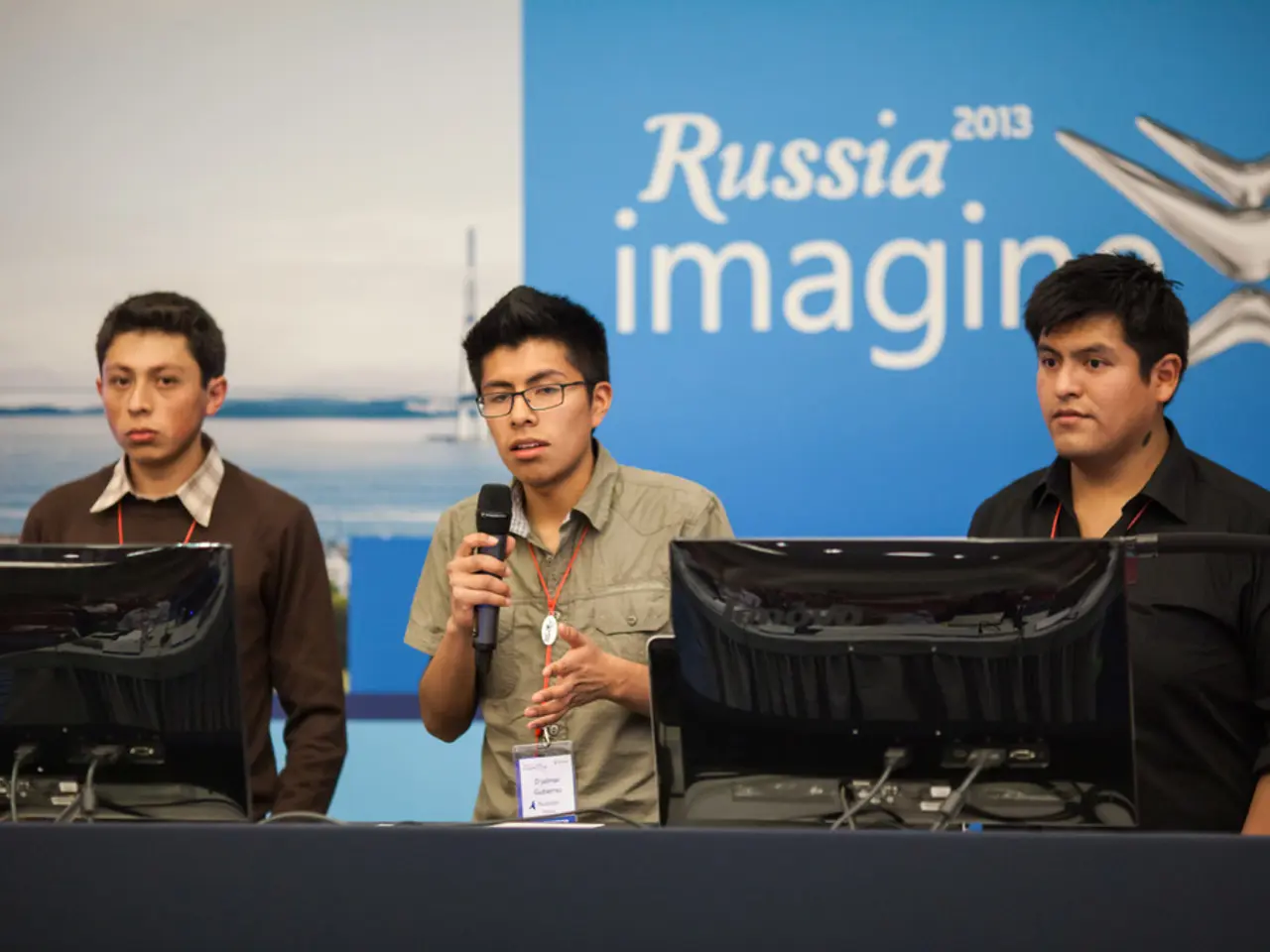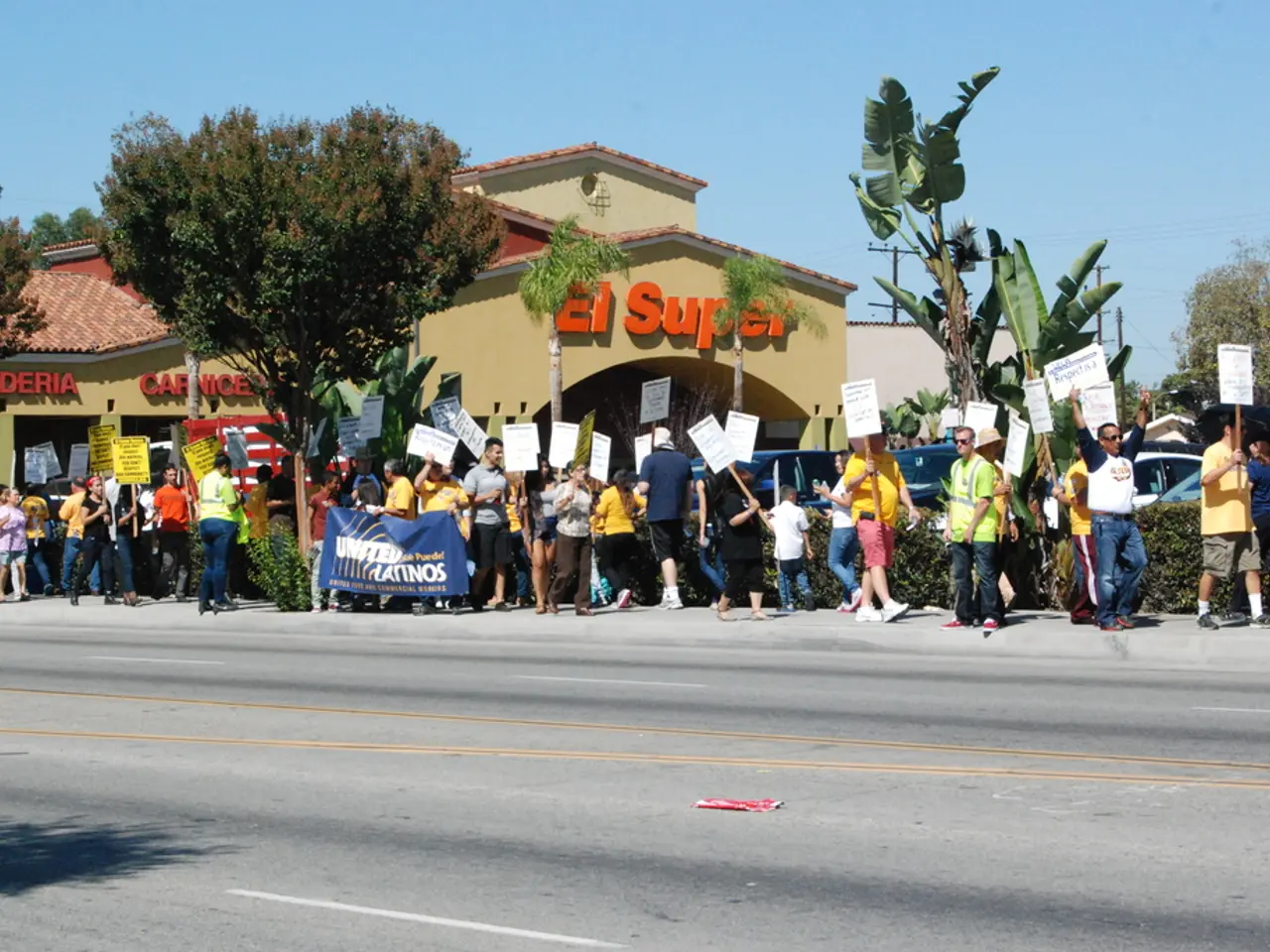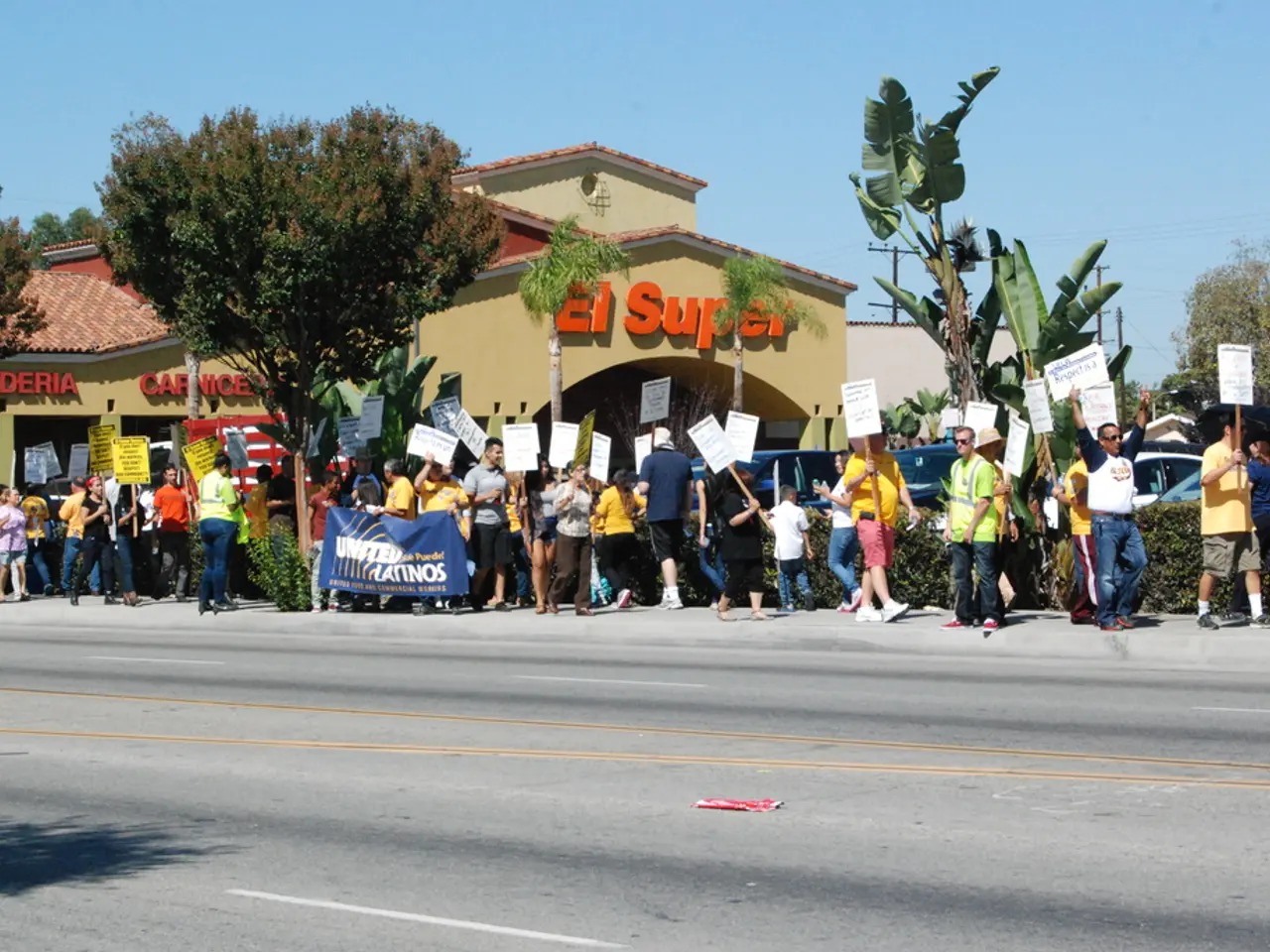Kay Kallas, Vice-President of the European Commission, had a meeting with Tokayev.
Kazakhstan and the European Union (EU) recently held a meeting to discuss the ongoing expansion of their trade and economic partnership. The discussion focused on key areas such as energy, industry, digitization, and infrastructure development, with a particular emphasis on the Trans-Caspian transport corridor.
The meeting was attended by President Kassym-Jomart Tokayev and the European Union's High Representative for Foreign Affairs and Security Policy - Vice-President of the European Commission, Kaira Kallas. Kaira Kallas noted that Kazakhstan being the first country in the region to sign the Agreement on Enhanced Partnership and Cooperation with the European Union confirms the high level of bilateral relations.
However, no new information about the state of bilateral relations between Kazakhstan and the European Union was provided during the meeting. Similarly, the Head of State did not make any new announcements regarding expanding trade and economic partnership in priority areas such as energy, industry, digitization, and infrastructure development.
Despite the lack of new announcements, the conversation between Kassym-Jomart Tokayev and Kaira Kallas included discussions on current international and regional issues. Specifically, large-scale infrastructure projects aimed at developing the Trans-Caspian transport corridor were discussed. However, no specific large-scale infrastructure projects in the Trans-Caspian transport corridor were discussed during this meeting.
Kaira Kallas did announce the start of the procedure for concluding an agreement on facilitating the issuance of visas between the European Commission and Kazakhstan. Kazakhstan welcomed this announcement, emphasising the importance of strengthening ties between the two entities.
Kassym-Jomart Tokayev emphasized the importance of demonstrating restraint and responsibility in assessing complex events taking place in the world. This statement underscores Kazakhstan's consistent adherence to the position of finding solutions to all acute international problems and conflicts through diplomatic negotiations.
The EU remains Kazakhstan’s largest trading partner and top foreign investor, with bilateral trade reaching $49.7 billion in 2024, largely driven by Kazakhstan’s energy exports to European markets. Energy cooperation is significant, with Kazakhstan exporting substantial amounts of coal to the EU. In 2025, despite EU sanctions on Russia impacting transit routes, Kazakhstan secured an exemption allowing transit of its coal exports via specific Russian ports under strict conditions.
In terms of infrastructure, the EU supports regional connectivity through initiatives such as the Global Gateway and Team Europe instruments, which fund transport, logistics, and digitalization projects that enhance Kazakhstan’s integration into European and broader regional markets. The Trans-Caspian transport corridor is part of these broader connectivity efforts, aiming to facilitate trade between Central Asia and Europe via Caspian Sea routes, thus bypassing some traditional transit countries and improving logistics efficiency.
Digitization and industry cooperation are also hallmarks of the partnership. The EU and Kazakhstan are engaging in sectoral forums and dialogues focused on advancing digital technologies and industrial modernization to foster economic diversification and innovation aligned with sustainable development goals.
Overall, the Kazakhstan-EU partnership is multifaceted with strong trade ties, strategic energy cooperation supported by adaptive logistics solutions, and ongoing development of key infrastructure and digitization projects aimed at deepening economic integration and regional connectivity across Central Asia and Europe. The start of the procedure for concluding an agreement on facilitating the issuance of visas between the European Commission and Kazakhstan is a positive step towards strengthening this partnership further.
- The discussion on the Trans-Caspian transport corridor between Kassym-Jomart Tokayev and Kaira Kallas highlighted the importance of large-scale infrastructure projects, despite no specific projects being announced during the meeting.
- Kaira Kallas announced the start of the procedure for concluding an agreement on facilitating the issuance of visas between the European Commission and Kazakhstan, which Kazakhstan welcomed as a step towards strengthening ties.
- The EU's support for regional connectivity, seen in initiatives like the Global Gateway and Team Europe instruments, aims to enhance Kazakhstan's integration into European and broader regional markets, focusing on transport, logistics, and digitalization projects.







